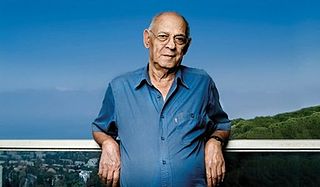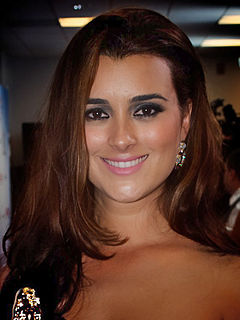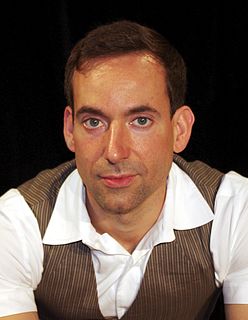A Quote by Nawal El Saadawi
Woman at Point Zero I wrote during the '70s in Arabic. It came in English in '82. So, almost ten years' difference between the Arabic and the English.
Related Quotes
The sign was spray-painted in Arabic and English, probably from some attempt by the farmer to sell his wares in the market. The English read: Dates-best price. Cold Bebsi. "Bebsi?" I asked. "Pepsi," Walt said. "I read about it on the Internet. There's no 'p' in Arabic. Everyone here calls the soda Bebsi." "So you have to have Bebsi with your bizza?" "Brobably.
I think in Arabic at times, but when I'm writing it's all in English. And I don't try to make my English sound more Arabic, because it would be phony - I'm imagining Melanie Griffith trying to do a German accent in Shining Through. It just wouldn't work. But the language in my head is a specific kind of English. It's not exactly American, not exactly British. Because everything is filtered through me, through my experience. I'm Lebanese, but not that much. American, but not that much. Gay, but not that much. The only thing I'm sure of, really, is that I'm under 5'7".
In the 19th century, the English were loathed. Every memoir that you read of that period, indicates the loathing that everybody felt for the English, the only difference between the English and Americans, in this respect, is the English rather liked being loathed and the Americans apparently dislike it intensely.
I work in Hebrew. Hebrew is deeply inspired by other languages. Not now, for the last three thousand years, Hebrew has been penetrated and fertilized by ancient Semitic languages - by Aramaic, by Greek, by Latin, by Arabic, by Yiddish, by Latino, by German, by Russian, by English, I could go on and on. It's very much like English. The English language took in many many fertilizations, many many genes, from other languages, from foreign languages - Latin, French, Nordic languages, German, Scandinavian languages. Every language has influences and is an influence.


































